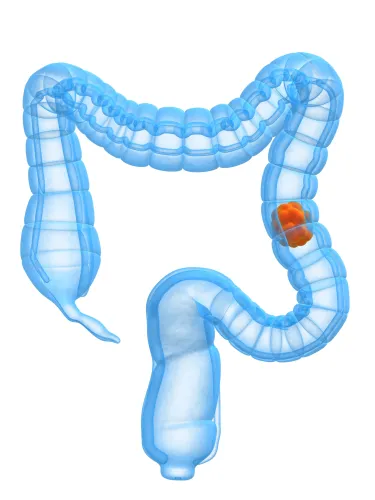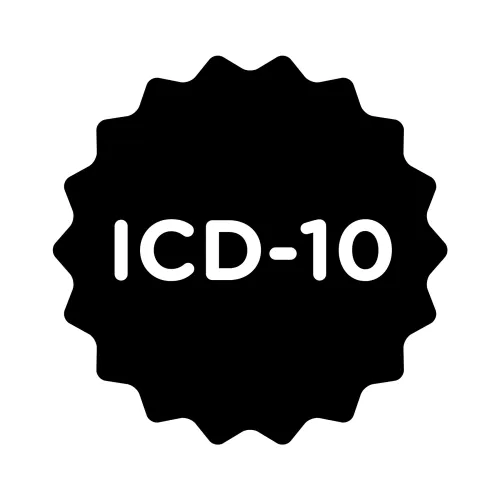Gastroenterology Coding Alert
Reader Question:
Consider Date of Service for Acid Reflux Exams
Published on Fri May 03, 2019

You’ve reached your limit of free articles. Already a subscriber? Log in.
Not a subscriber? Subscribe today to continue reading this article. Plus, you’ll get:
- Simple explanations of current healthcare regulations and payer programs
- Real-world reporting scenarios solved by our expert coders
- Industry news, such as MAC and RAC activities, the OIG Work Plan, and CERT reports
- Instant access to every article ever published in Revenue Cycle Insider
- 6 annual AAPC-approved CEUs
- The latest updates for CPT®, ICD-10-CM, HCPCS Level II, NCCI edits, modifiers, compliance, technology, practice management, and more
Related Articles
Other Articles in this issue of
Gastroenterology Coding Alert
- Screening Codes:
Eliminate Pre-Colonoscopy Screening Issues By Learning the Reporting Methods
Understand when E/M codes are your best option. Gastroenterology offices often see patients for pre-colonoscopy [...] - GERD Coding:
Look to the 91010 Range for Your GERD Tests
Don’t forget to document other treatments on manometry, pH study claims. When your gastroenterologist suspects [...] - Evaluation Codes:
Let These 3 E/M FAQs Get Your Coding on the Right Track
When it comes to office visits, it’s not smart to play it safe. It’s easy [...] - You Be the Coder:
Seeking Esophageal Hemorrhage Code?
Question: In ICD-9, we had an option to report esophageal hemorrhage, but we can’t find [...] - Reader Question:
Can You Report Double Dilation?
Question: Our physician performed an endoscopic PEG tube placement that required some extra work. After [...] - Reader Question:
Consider Date of Service for Acid Reflux Exams
Question: A primary-care physician referred a patient with severe heartburn to one of our gastroenterologists. [...] - Reader Question:
Get to Know Paralytic Ileus Diagnoses
Question: Our gastroenterologist examined a patient and ordered an x-ray of the abdominal area, after [...]
View All




